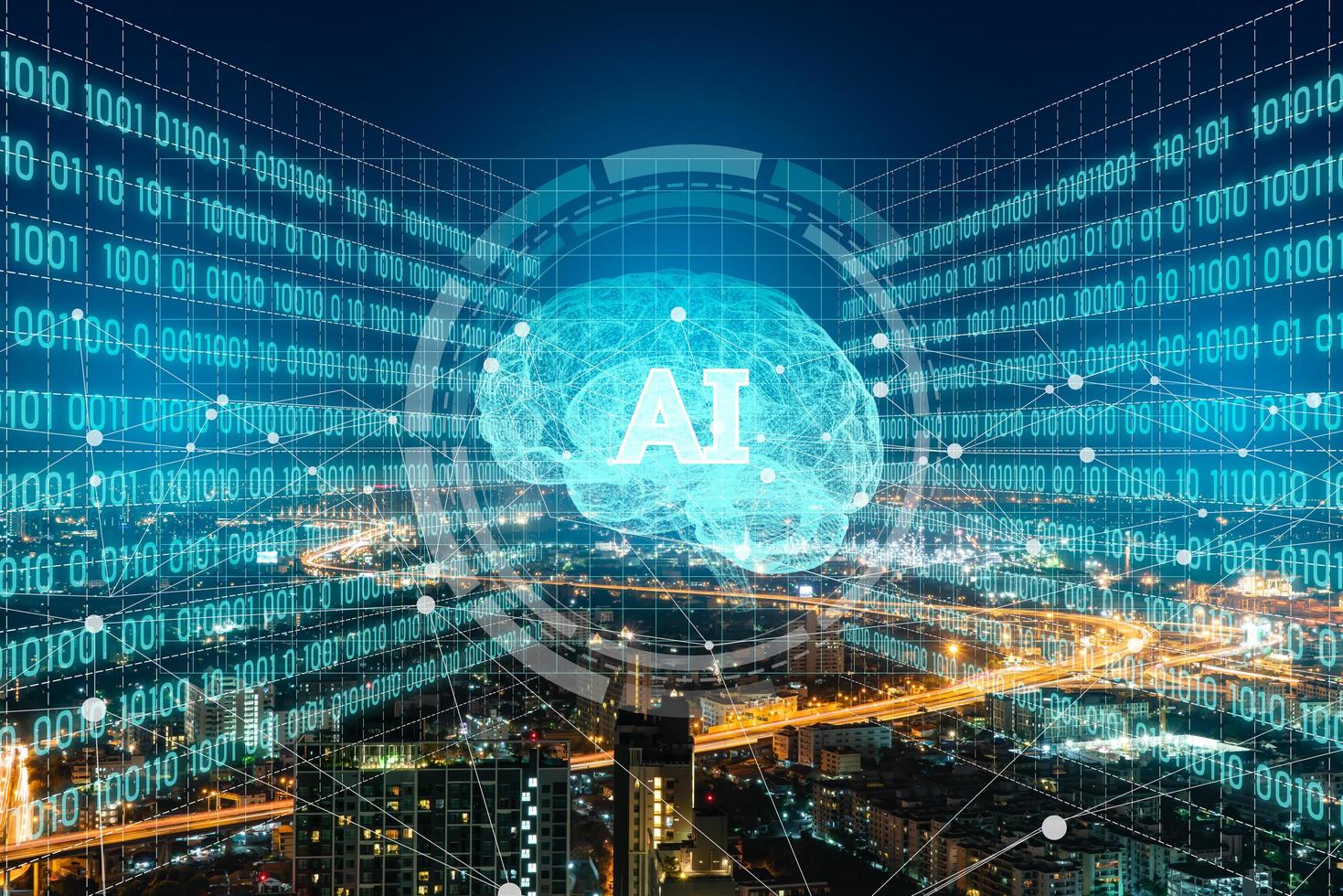
Artificial Intelligence (AI) has become a driving force behind technological advancements, revolutionizing industries and reshaping the way businesses operate globally. From healthcare to finance, AI technologies have opened doors to innovations that were once confined to the realms of science fiction. With applications ranging from predictive analytics to machine learning algorithms, AI is empowering organizations to optimize operations, improve decision-making processes, and deliver personalized experiences to users. As we delve deeper into the digital age, AI’s role in shaping the future cannot be overstated.
The Evolution of AI in Business
The journey of AI began with basic computational models, but today it has evolved into sophisticated systems capable of mimicking human intelligence. Machine learning, a subset of AI, allows systems to learn from data and improve their performance over time without explicit programming. Businesses have quickly adopted AI-powered tools like chatbots, recommendation systems, and natural language processing (NLP) platforms to automate repetitive tasks, offer 24/7 customer support, and analyze large datasets. This shift has not only enhanced efficiency but also allowed companies to focus on core competencies while AI handles time-consuming tasks.
Moreover, AI is being extensively used in predictive analytics. This technology enables businesses to forecast market trends, consumer behavior, and sales patterns, giving them a competitive edge. Retailers, for instance, use AI to optimize inventory management, prevent stockouts, and personalize customer experiences, which ultimately leads to better customer retention and increased revenue.
The Rising Popularity of Online Casinos
As the digital revolution continues to sweep across industries, the online casino market has seen unprecedented growth. Players are now turning to online platforms for entertainment, with offshore poker sites gaining significant traction due to their wide range of offerings and accessibility. One of the key terms gaining popularity in the world of online gaming is the offshore poker list. This refers to a curated compilation of poker platforms based outside of a player's home country, offering exciting games, competitive rewards, and varying levels of stakes for poker enthusiasts.
These offshore poker platforms have become increasingly popular due to their attractive bonuses, flexible deposit options, and the fact that they operate in a less-regulated environment compared to domestic online casinos. For players looking to explore a wider variety of games or access better prize pools, referring to an offshore poker list can help them find the best sites to suit their needs.
AI in Healthcare: A Game-Changer
Healthcare has arguably been one of the sectors to benefit the most from AI. AI-driven systems are now capable of diagnosing diseases faster and more accurately than traditional methods. Medical professionals are using AI tools to analyze medical images, predict patient outcomes, and even suggest treatment plans. The integration of AI in telemedicine has also revolutionized patient care by making healthcare more accessible and efficient, especially in remote areas.
Additionally, pharmaceutical companies are leveraging AI to accelerate drug discovery and reduce the time needed to bring life-saving treatments to the market. AI algorithms can analyze millions of chemical compounds and predict which ones have the potential to become effective drugs, thus speeding up the research and development process.
AI and Automation: The Future of Work
AI is not just confined to specific industries but is poised to revolutionize the future of work across the board. Automation, powered by AI, is transforming workplaces by taking over mundane, repetitive tasks and allowing humans to focus on more complex and creative endeavors. Robotic Process Automation (RPA) is now widely adopted in sectors like banking and finance, where it automates tasks like transaction processing, data entry, and report generation.
However, the rise of automation has raised concerns about job displacement. While AI can handle certain tasks more efficiently than humans, experts argue that AI should be viewed as a tool for augmenting human capabilities, not replacing them. In fact, many believe that AI will create new job opportunities, particularly in fields that require advanced problem-solving skills and emotional intelligence—areas where humans still have a distinct advantage.
Conclusion
The integration of AI into various sectors highlights its potential to transform industries, improve efficiency, and unlock new opportunities. As AI continues to evolve, businesses and individuals alike must adapt to the changes it brings. Whether it's automating tasks, improving healthcare outcomes, or enhancing entertainment options like offshore poker, AI is undeniably a catalyst for innovation in the 21st century. For organizations to thrive in this rapidly changing landscape, embracing AI is no longer a choice—it's a necessity.